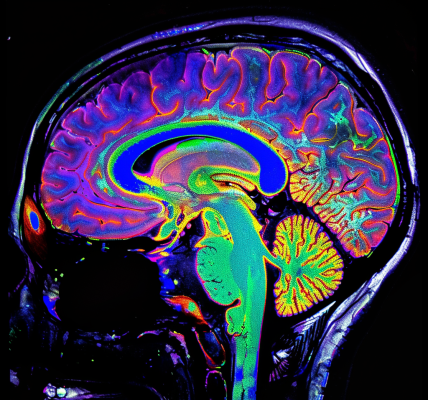Chinese scientists have made a groundbreaking discovery that could revolutionize the diagnosis and treatment of pancreatic cancer. The team has identified two protein markers that may predict chemotherapy sensitivity in pancreatic cancer, offering hope for improved survival rates.
Pancreatic ductal adenocarcinoma (PDAC) is the most common subtype of pancreatic cancer and is responsible for more than 95% of all cases. It causes approximately 466,000 deaths worldwide each year and is projected to become the second leading cause of cancer-related deaths by 2030.
The study, which enrolled 1,171 patients with PDAC and provided extensive follow-up, has significant implications for the future of pancreatic cancer treatment. The Chinese team sequenced the proteome and transcriptome of 191 patients with more than three years of follow-up, allowing them to construct a model for pancreatic cancer prognosis. This led to the identification of two crucial protein biomarkers: NDUFB8 and CEMIP2.
The research, co-led by scientists and doctors from prestigious institutions including Ruijin Hospital and Changhai Hospital in Shanghai, was published in the peer-reviewed journal Nature Medicine. The study’s findings were further validated through testing in medical centers in France and China, involving three separate groups of patients with over 200 participants in each group.
This groundbreaking discovery is a significant step forward in the fight against pancreatic cancer, offering hope for improved survival rates and more precise treatment options for patients. The identification of these protein biomarkers marks a new era in the precision diagnosis and treatment of pancreatic cancer, bringing optimism to the medical community and patients battling this devastating disease.





